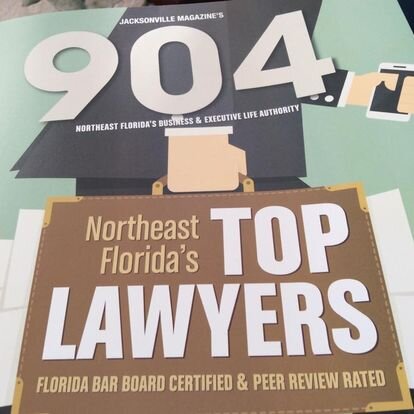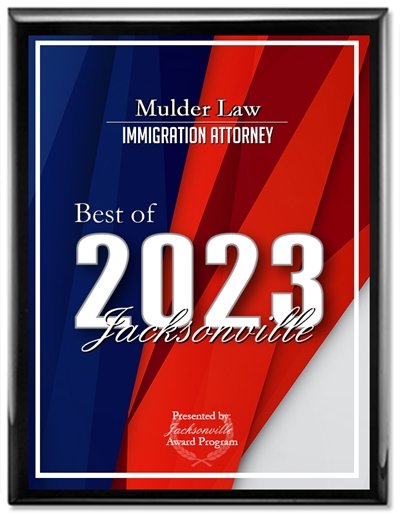
Team with Mulder Law for your
Naturalization

Welcome to Mulder Law. We offer a free initial telephone consultation with the attorney to discuss your personal situation and best option for filing for your naturalization.

What is Naturalization.
Naturalization is the process whereby a Lawful Permanent Resident (LPR) becomes a United States citizen. The LPR must meet all of the requirements established by Congress and stated in the Immigration and Nationality Act (INA) in order to become a naturalized citizen. Below are the general requirements for naturalization pursuant to 8 USC 1427:

-

You must be 18 years of age.
An exception is an applicant who is serving in the U.S. military.
A child who is a permanent resident through a parent will automatically be a USC when a parent is naturalized.
-

You must be an LPR.
In most cases you must be an LPR for 5 years prior to filing for your Naturalzation. When adjusting through marriage you must be an LPR for 3 years.
-

Actual Physical Presence and Continuous Residence
Continuous residence and physical presence are interrelated. Each must be satisfied for naturalization. An applicant who maintains a residence in the U.S. but is not physically present during that period may not qualify for NATZ.
-

Good Moral Character
A person whose actions are with disregard to others or repugnant to society is not considered a person of good moral character.
It is the applicant’s burden to show that s/he is a person of GMC. Failure to provide documentation that may lead the AG to question GMC can lead to a finding of misrepresentation.
-

Pass a Civics and English Exam
There are exceptions to this requirement based on age and mental/physical capacity. The exceptions are discussed below.


-

The 60/20 Rule
60/20 Rule: Green card holders who are age 65 or older and have lived in the U.S. as permanent residents for at least 20 years (not necessarily continuously) can take an easier version of the history and government (civics) exam that is required of naturalization applicants.
-

The 55/15 Rule
55/15 Rule. An applicant who is age 55 or older and has lived in the U.S. as an LPR for at least 15 years, may take the citizenship exam and have the interview in his or her native language. Again, the 15 years do not need to have been continuous.
-

The 50/20 Rule
50/20 Rule: An applicant who is age 50 or older and has lived in the U.S. as an LPR for at least 20 years, qualifies to take the exam in his or her native language.

Medical Disability Exception
The English and civics requirements do not apply to naturalization applicants who are unable to comply due to a “medically determinable” physical or developmental disability or mental impairment that has lasted, or is expected to last, at least 12 months. The regulations define medically determinable as an impairment that results from abnormalities which can be shown by medically acceptable clinical or laboratory diagnostic techniques.
The applicant has the burden of proof, by a preponderance of the evidence standard, to demonstrate that he or she has a disability or impairment that affects functioning such that, even with reasonable accommodations, he or she is unable to meet the English and civics requirements for naturalization. Illiteracy alone is not a valid reason to seek an exception to the English and civics requirements. In addition, advanced age, in and of itself, is not a medically determinable physical or developmental disability or mental impairment.
A licensed medical professional must complete the form and certify, under penalty of perjury, that the applicant’s medical condition prevents the applicant from meeting the English requirement, the civics requirement, or both requirements.

Why Team with Mulder Law
-

Commitment
My commitment to my clients is to follow through with purpose and a plan. I will personally listen to you and we will build a plan together..
I will personally represent you every step of the way from the initial consultation to completion.
-

Experience
There is no substitute for experience. Think of a weight lifter; the more the weight lifter works out the stronger s/he becomes and the more weight s/he is able to lift. It is the same with the practice of immigration law; the more practice the more knowledge and skill the attorney has. I have over 30 years experience.
-

Passion
I have been practicing law for more than 30 years. At this stage in my career I have narrowed my practice. I am selective in the clients I choose to team with. If I choose to team with you, your case is my case and your victory is my victory. I will be with you all the way.








